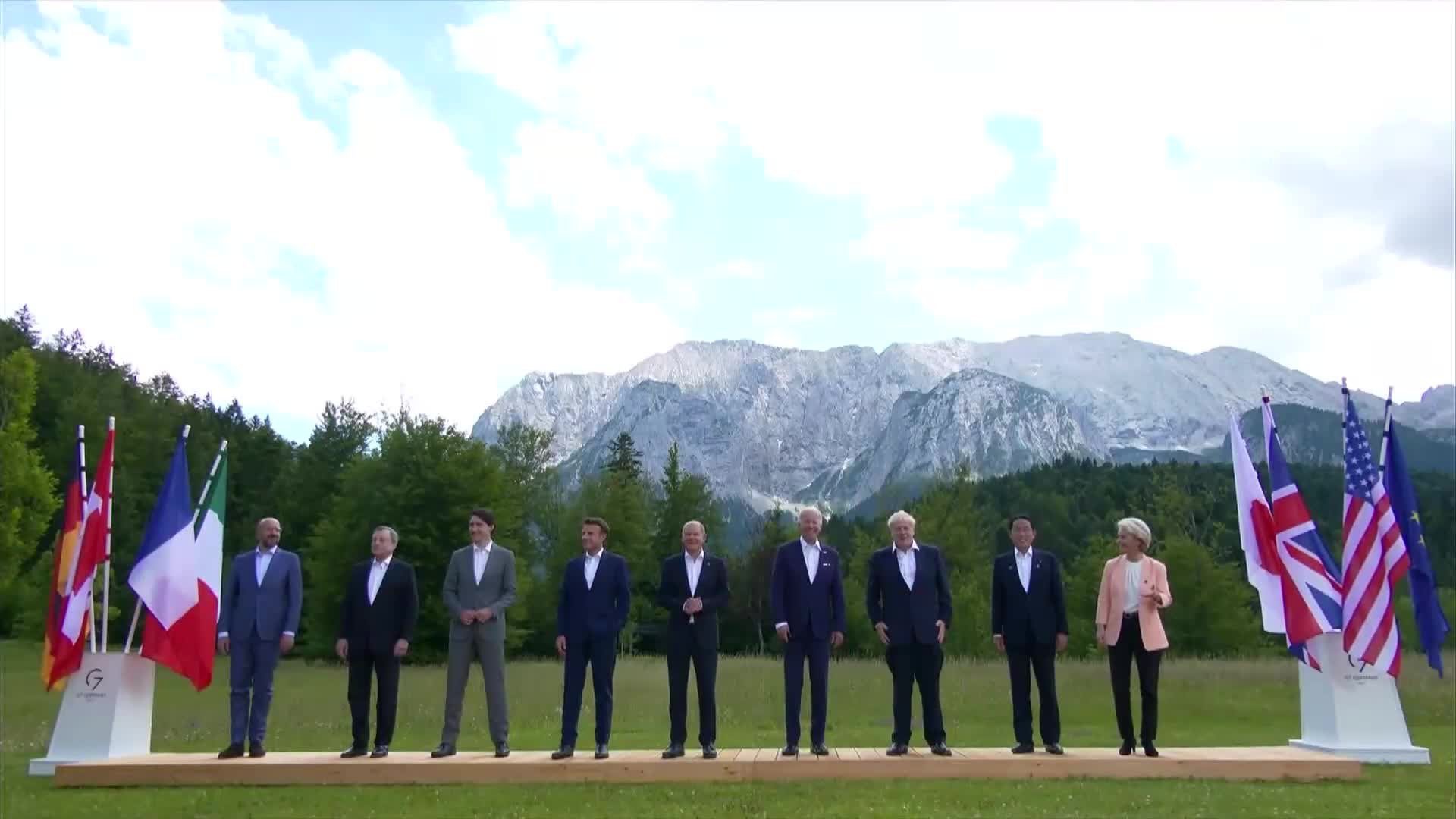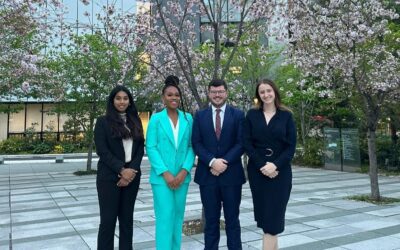They argue that the G7 Leaders’ Communiqué highlights a lack of inclusivity of young people’s views and limited ambition in response to pressing global challenges including the climate crisis, covid-19 recovery and international security threats.
Despite some positive commitments to deliver accessible mental health services, reduce biodiversity loss and cooperate on strong peace and security responses, they find that young people have been excluded from the agenda and call for youth participation in formal peace processes and a goal of no pollution by 2050.
Sustainable and Green Planet
G7 leaders have reaffirmed their commitment to the Paris agreement and to limit global warming to 1.5°C. However, reaching these targets requires immediate and rapid implementation of actions which are not detailed in this communiqué.
A sum of $100 billion was pledged in 2009 to be reached by 2020. In 2022, this number should now be ramping up, particularly to support countries in the Global South yet the G7 has only included a weak commitment to: “intensify our efforts to delivering on the collective USD 100 billion climate finance mobilisation goal as soon as possible…”
Given current rates of fossil fuel subsidies it is discouraging that this communiqué only includes a commitment to eliminate ‘inefficient fossil fuel subsidies by 2025’, given humanity finds itself in a climate crisis it remains to be seen what would constitute an ‘efficient’ fossil fuel subsidy. In addition, whilst it is great to see the strengthening of international collaboration around the “Climate Club” there is no language to suggest this will ensure the inclusion of vulnerable or marginalised groups, including youth, in negotiations.
We welcome the increased recognition of synergies between the biodiversity and climate crises particularly in relation to pollution, waste and the circular economy. However, pledges here appear only to mimic previous commitments and fail to reach the ambition recommended by the Y7.
Commenting, Annabel Rice, UK’s Y7 Climate and Environment Delegate said:
“Whilst we welcome the continued focus on climate change and biodiversity loss, this communique does not reflect the rapid ramping up of ambition required if G7 countries are truly striving for 1.5 degrees. Not only is there a lack of commitment to immediate action but young people and other marginalised groups continue to be left out of the climate narrative. As the group who will be most impacted by the effects of climate change, this cannot continue.”
Foreign Policy/ Stronger together
The UK Y7 delegation welcomes the communiqué’s focus on multilateral cooperation to respond to pressing challenges including abuse of human rights and violations of international law in Afghanistan, Hong Kong and Ukraine. G7 leaders have also committed to a whole-society approach to tackle disinformation that engages stakeholders across civil society.
A strong response to the Ukraine-Russia crisis has shaped the communique. However, the G7 fails to recognise youth as critical agents in peace-building activities, with young people’s inclusion in formal peace processes forming a key demand of the Y7 this year. The G7 should have gone further in all areas relating to democratic resilience, including commitments to youth, gender and LGBTIQ+ equality. For example, the G7 Dashboard on Gender Gaps – pioneered under the UK G7 presidency – was a missed opportunity to introduce more ambitious policy initiatives focused on young women.
Young people will be holding the UK government to account on a shared commitment to:
‘protecting refugees, supporting forcibly displaced persons and supporting host countries and communities, ensuring the full respect for human rights and fundamental freedoms of refugees, and addressing the particular needs of women and children in conflict, crisis, and displacement.’
While we welcome the specific recognition of the needs of women and children, the U.K. Y7 delegates are disappointed that young people (aged 18-30) are not recognised as a vulnerable group within conflict and displacement settings.
Commenting, Safia Sangster, UK’s Y7 Head Delegate Y7 said:
“It’s disheartening to see that targeted commitments that reflect the views of young people are missing entirely from the communiqué and issues regarding other marginalised groups are principally siloed to development issues. Instead, the needs of all marginalised communities should be prioritised and should undercut all policy areas including climate change, digitalisation and economic progress.”
Global Health
We are happy to see a strong commitment to addressing the mental health crisis and the recognition of ‘the need for accessible and effective mental health services’. However, there is a lack of detail in terms of immediate actions and how this mental health support will be implemented. Mental health is a particular issue and priority among young people so it is frustrating that there was no reference made to youth in this section.
As per our recent press release we as U.K. Y7 delegates are glad that the G7 has affirmed their commitment to sexual and reproductive health services and the acknowledgement that they are under threat. We would like to see this commitment actioned in all G7 countries to ensure accessible services for all. It is disheartening in the current context that neither abortion nor sexuality education were explicitly mentioned.
Economic Transformation for Shared Progress
The Leaders’ communique recognises the importance of ensuring the participation of underrepresented groups in fiscal policy frameworks. However, note that there are no measures or ambitions outlined to create and safeguard paid employment opportunities for young people.
While we welcome the focus on debt relief for low-income countries and social protection for all, we would like to have seen G7 countries adopt more concrete actions to support these aims. The Youth 7 was also pushing for a tailored economic response to the issues that young people face, including access to training and job opportunities, banning unpaid internships longer than one month and strong partnerships between private and public sectors to promote ethical leadership.





